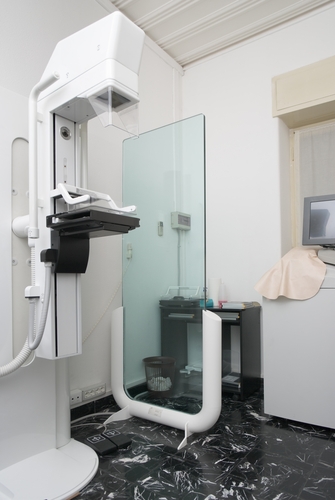In the past, medical imaging specialists operated autonomously from patients, allowing referring physicians to enhance the patient experience through personal visits and appointments. While their results and interpretations provide the foundation for developing treatment strategies, radiologists rarely had direct interaction during the care process.
But with big data analytics becoming integral to improving personalized care, medical imaging has a pivotal role to play in the advancement of health care. AuntMinnie.com explained that image data could be crucial to developing evidence-based services. Speaking at the International Symposium on Multidetector-Row CT in San Francisco, Stanford University assistant professor of radiology and medicine Daniel Rubin, M.D., discussed the advantages of big data.
By mining historical data in archives from past patients with characteristics similar to current patients, radiologists can use that information to guide decision-making in treatments. One of the most challenging aspects of this process is the amount of unstructured data that cannot be easily accessed and leveraged, yet new systems are beginning to focus on useful image information, such as measurements and annotations. Once this data becomes structured, physicians could eventually tap into these resources for assessing treatment responses in conditions such as cancer.
“In the future, as [radiology participates] in this data realm of this ecosystem, we will add value,” Rubin said, quoted by AuntMinnie.com. “And we need to be central players in it, because we are in the 21st century and this paradigm is going to be important in terms of guiding decision-making.”
Improving the patient experience
By gleaning meaningful data from past studies, physicians can better treat their current and future patients. But medical information from previous studies are not the only source of useful insight, as measuring patient opinions can serve to better the experience. Through polls and surveys, radiologists can begin to understand specifics, such as how coordinated care strategies were among physicians and how satisfied patients were with the meeting of their individual needs.
Patients want to know that their health care providers are doing everything in their power to accommodate their physical and emotional wants, according to Advance Healthcare Network Executive Insight. By collecting this information, doctors can craft new care models that are patient-focused and take patient experiences into account.
The path to effective reform lies in providers’ abilities to meet patients’ needs, and mining health data may hold the keys to success.
Contact Viztek for more information.
Latest posts by Steve Deaton (see all)
- Practice Better Radiology to Avoid Malpractice Lawsuits - July 16, 2014
- Medical Imaging Data Can Help Improve the Patient Experience - June 19, 2014
- Replace Outdated PACS Systems to Experience Cost Savings in Imaging - June 16, 2014










